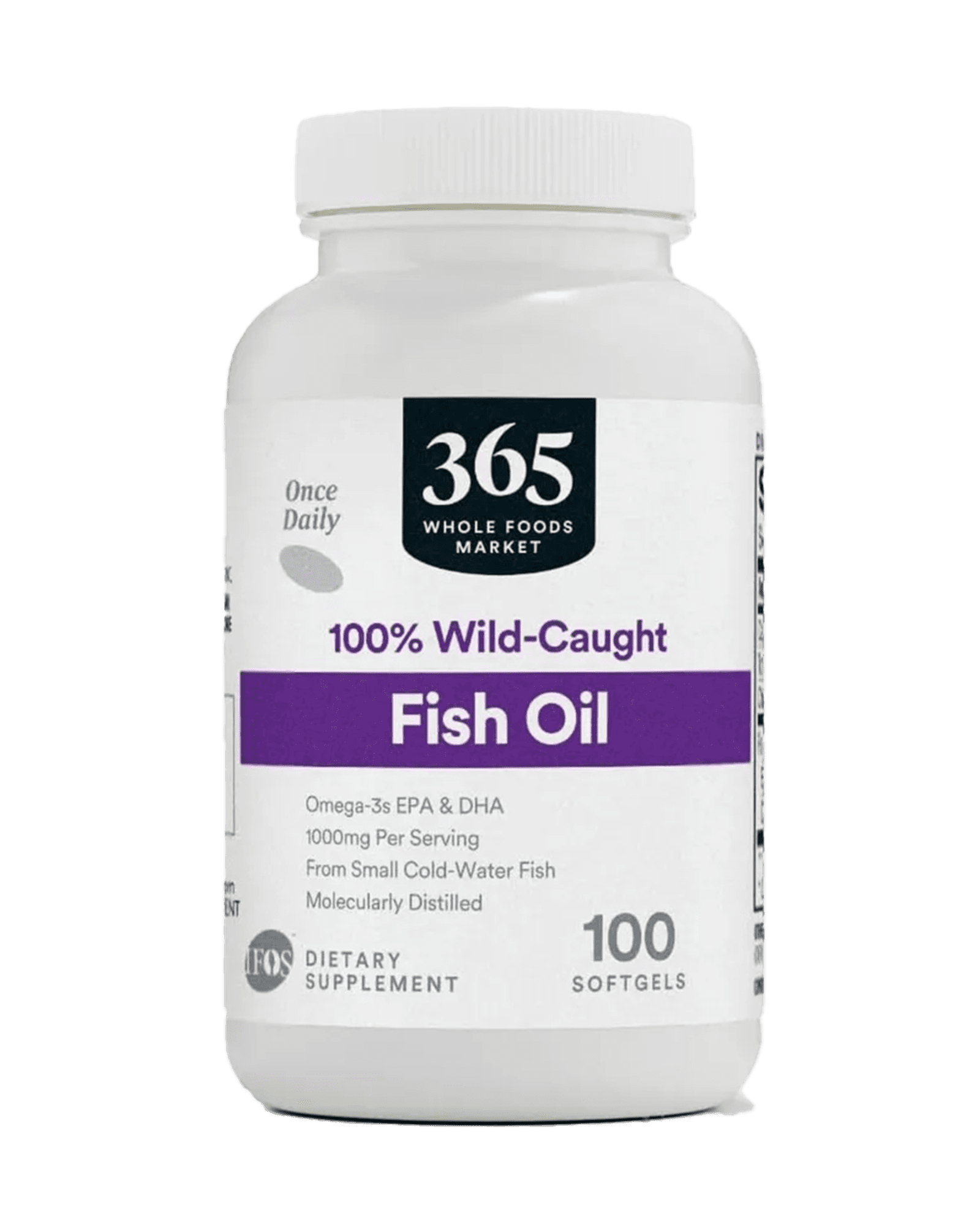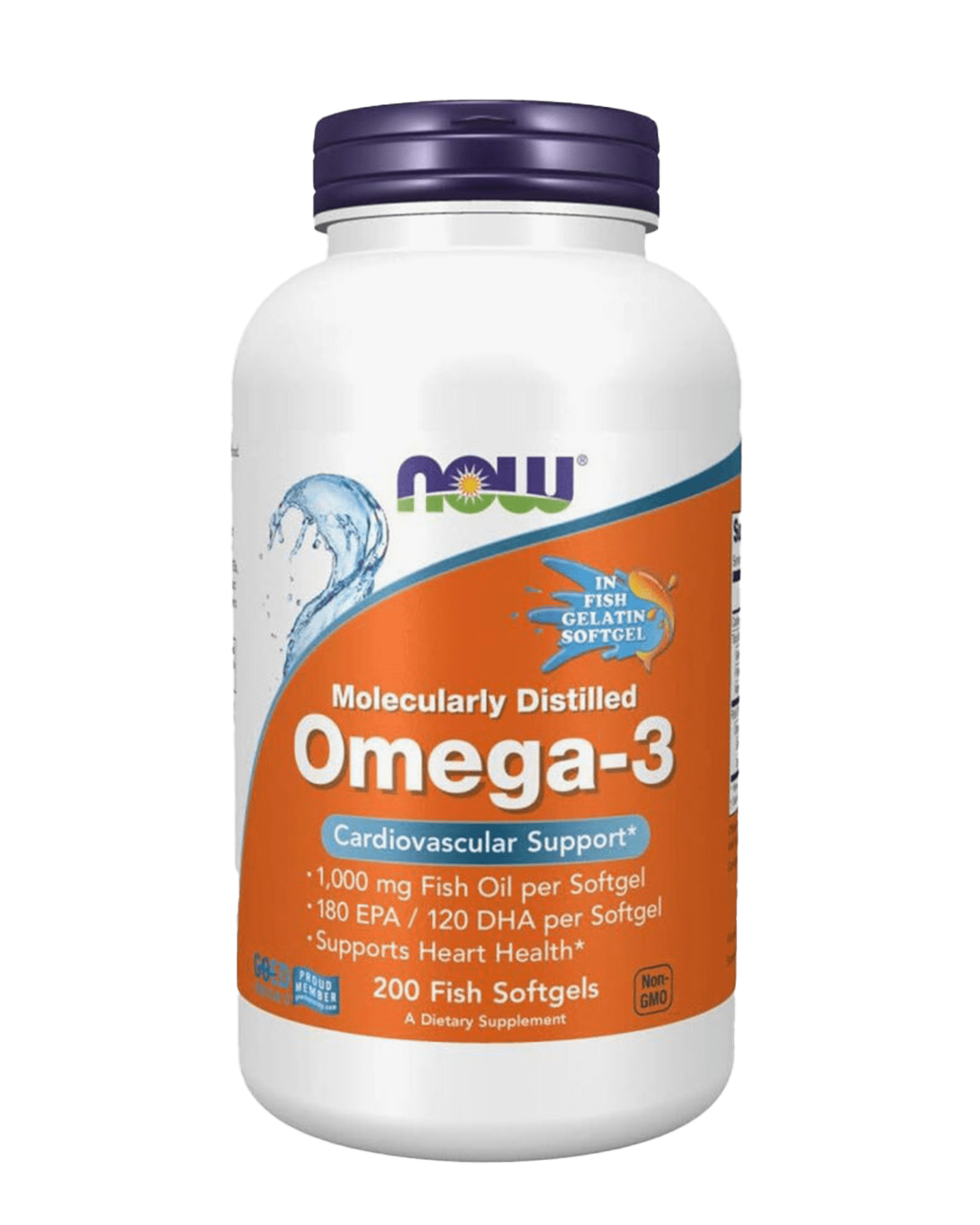If you believe wellness podcasts and social media, inflammation is something to be avoided at all costs. But despite the term’s dreaded reputation, it’s rarely ever clearly defined—I’ve heard it used to describe everything from redness and swelling to break-outs, itchiness and general pain. When I looked it up recently, I was a little surprised: it turns out that inflammation in itself isn’t really all that bad—it’s actually just a sign that your immune system is doing its job. And, it only becomes a problem when its protective, healing response goes into overdrive longterm. That’s when inflammation becomes “chronic” and becomes a contributing factor to things we don’t want. Think: heart disease, cancer, Alzheimers, diabetes, and asthma.
As is the case with so many things in life, dealing with inflammation really is all about finding balance—you want to support your natural inflammatory response so that it works for you, not against you. Luckily, there are a host of foods, plants, and ingredients that have been proven to help do just that—among them, turmeric, olive oil, and maybe even cannabis. But there’s one substance that’s surprisingly beneficial—and also surprisingly often overlooked. And that’s fish oil.
Why fish oil good for you?
It’s all about the omega-3 fatty acids—and fish oil is full of them. “Fish oil is made from the tissue of oily fish and contains omega-3 fatty acids, including eicosapentaenoic acid (EPA) and docosahexaenoic acid (DHA), which are essential nutrients for optimal health,” says Reuben Chen, MD, a sports medicine physician and holistic pain management expert.
Omega-3 fatty acids have been proven to reduce inflammation by essentially helping to regulate the inflammatory response—and that’s not even half of it. “Omega-3 fatty acids offer numerous additional benefits such as enhanced brain function, reduced joint pain, better eye health, and even improved skin appearance,” Dr. Chen explains.
Omega-3’s are also extremely important when it comes to matters of the heart—at least in terms of health. “Consuming dietary sources of omega-3s like fish and seafood promotes heart health and may reduce the risk of coronary heart disease,” explains Christine Randazzo Kirschner, MS, RDN, GI dietitian, and founder of New York City-based Amenta Nutrition. “And, larger doses of long-chain omega-3 supplements, like fish oil, are effective in reducing triglyceride levels—especially for those with existing heart disease.”
But, here’s the thing about omega-3 fatty acids: our bodies don’t make them on their own. And, despite their many benefits, studies show that we generally don’t get enough of them; in the last 80 years, there’s been an 80 percent decrease in intake among adults. So, it’s more important than ever to consume them intentionally—either through our diets or via supplements.
“Omega-3s are essential for the structure of cell membranes,” emphasizes Randazzo Kirschner. “They have wide-ranging functions in the body’s cardiovascular, pulmonary, immune, and endocrine systems, and have been shown to have important anti-inflammatory and immune functions.”
Fat is your friend
Studies find that eating fish really is your best bet when it comes to getting the superstar omega-3 fatty acids found in fish oil. And, since fish oil comes from fat, it’s all about those fatty fish: salmon, trout, oysters, herring, sardines, mackerel, tuna, and sea bass.
It is possible to get this all-important good fat from other sources. “Another type of omega-3 fatty acid is ALA (Alpha-linolenic acid) which can be found in plant foods,” says Randazzo Kirschner. “Some foods that are rich in ALA include flaxseeds, chia seeds, walnuts, flaxseed oil, canola, and soybean oils.” However, she notes that it can be challenging to get an adequate amount of omega-3 fatty acids from these foods. “The body partially converts ALA to EPA and DHA, but only in very small amounts,” she says. “So, although these foods are not guaranteed to provide as much EPA and DHA, they’re still an option.”
To that end, both she and Dr. Chen recommends amping up the DHA and EPA with algal oil supplements. “Algal is derived from algae, which is the primary source of EPA and DHA for fish, so consuming it directly is a great source for EPA and DHA without the need to consume fish,” Dr. Chen explains. In other words, algal oil is entirely plant-based, so vegans and vegetarians, take note.
For everyone else, Randazzo Kirschner says that getting enough omega-3 fatty acids can be achieved through diet—as long as you’re thoughtful about what you consume. “For breakfast, dress up your fruit-filled oatmeal with chia or sprinkle flax or hemp seeds on your nut butter toast,” she recommends. “Then, lunch can be a salad topped with a piece of salmon and walnuts or a smoked salmon sandwich with a side of walnuts and fruit.” For dinner, she suggests a piece of fatty fish like mackerel or trout with quinoa, flaxseeds, and your favorite veggies.
A good catch
If that sounds like way more fish than you’d like to consume everyday, that’s understandable—and also totally okay. Studies say that eating fish just one to two times a week is sufficient in terms of receiving the heart-health benefits of fish oil.
If you want to cover your bases by taking a fish oil supplement, Dr. Chen says that anywhere between 250 to 500 mg of combined EPA and DHA is a good daily dose of fish oil for general health maintenance. However, he notes that for specific health concerns, such as high triglyceride levels, cardiovascular disease, or inflammatory conditions, effective doses could be higher: Anywhere from 1000 to 4000 milligrams per day may be prescribed. “This recommendation should be under the guidance of a physician or dietician,” Dr. Chen reminds.
Both experts point out that doing your due diligence is a good idea anytime you’re taking a supplement anyway—especially since supplements are not regulated by the Federal Food and Drug Administration. “What the label on the bottle states is not always guaranteed to actually be in the supplement,” Randazzo Kirschner warns. “Additionally, there can be other additives that are not included in the ingredient list.” She says to make sure the brand you’re purchasing from is reputable and that the supplement has been third party tested. Or, better yet, “get your nutrients directly from food when possible.”

Is it possible to get too much fish oil?
Speaking of safety, it’s also important to note that while taking fish oil supplements are generally considered safe, you can overdo it. “Getting too much fish oil can increase your risk of bleeding and might affect your immune response,” Randazzo Kirschner says, so it’s best to stick with the recommended daily dose of 200 to 500 mg unless otherwise advised by your physician. She also notes that it’s possible for fish oil to interact with certain medications, especially anticoagulants and antiplatelet drugs. “Some research has suggested that taking these together may increase your risk for bleeding,” she says. “Make sure to check with your medical provider, especially if you have a heart condition or if you’re at high risk for heart disease.” And, those who are pregnant or breastfeeding may want to avoid fish oil supplements altogether due to the potential for inadvertently consuming too much mercury.
Beyond that, some people do experience mild side effects when taking fish oil supplements—everything from gastrointestinal issues to nausea to “fishy breath” have occasionally been reported. And, obviously, those who have a fish or seafood allergy should definitely steer clear.
But, when it comes to managing inflammation—not to mention improving eye, brain, joint, and heart health—the omega-3’s in fish oil really can’t be beat. And, more potential benefits continue to be found. “Of note, it was recently shown that omega-3 polyunsaturated fatty acids may have a small to moderate effect on depression,” Randazzo Kirschner says. “It will be interesting to see what is uncovered with future research.”
This article was originally published on Vogue.com



